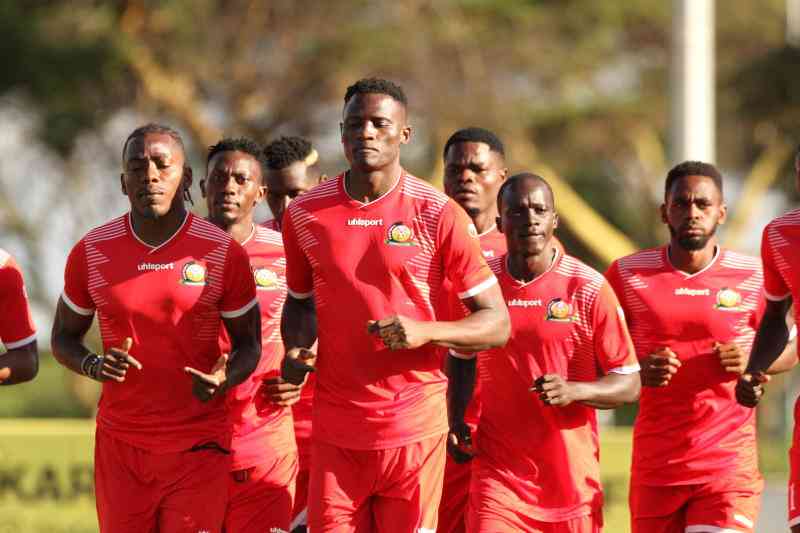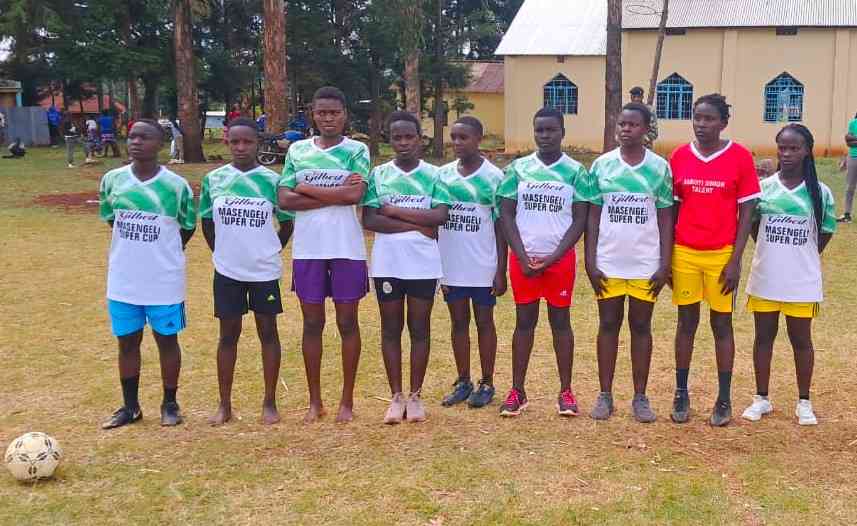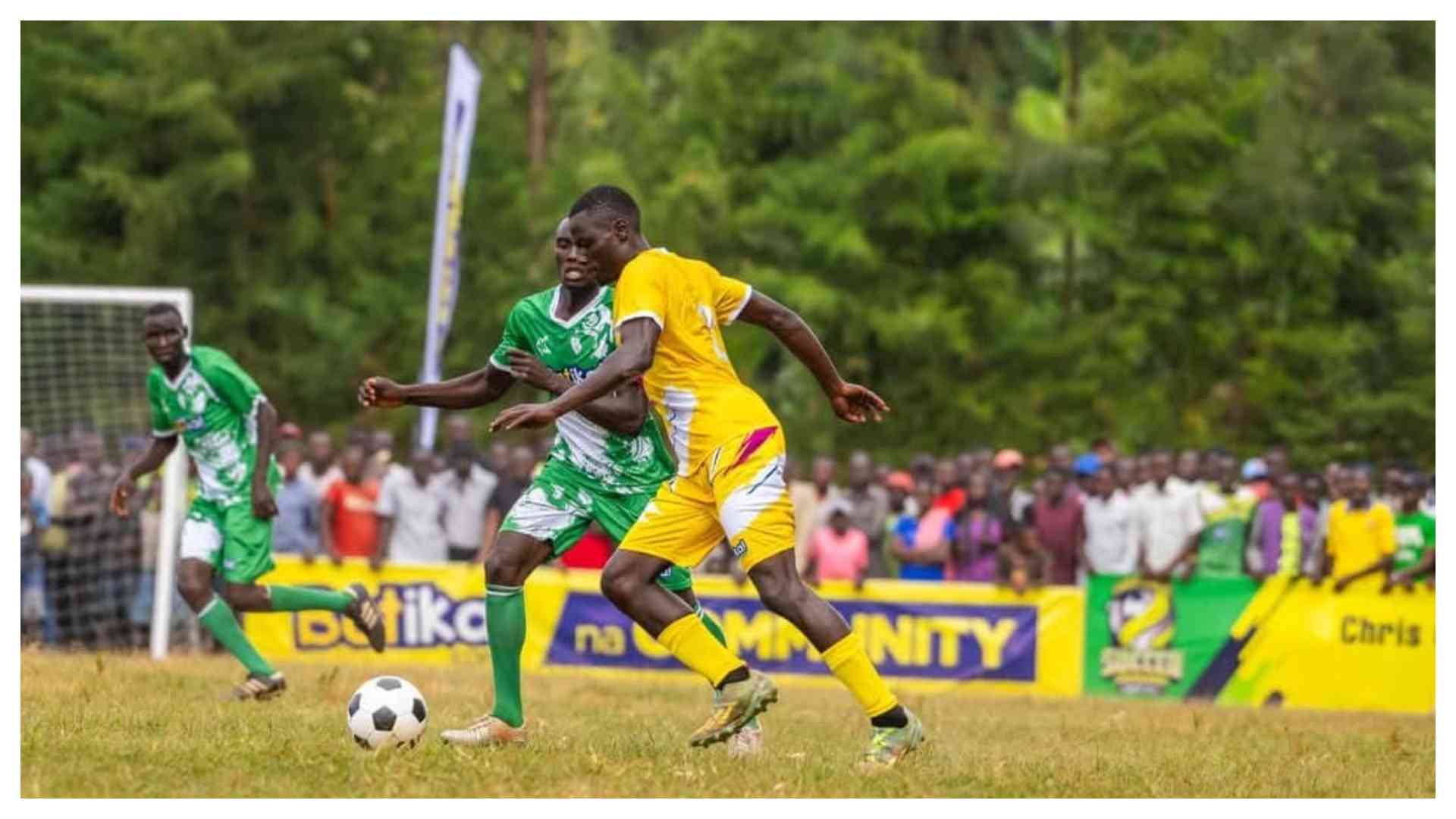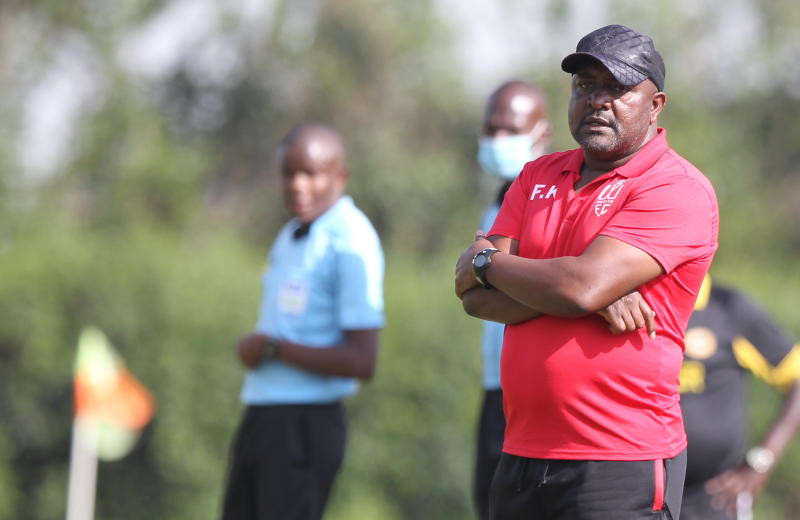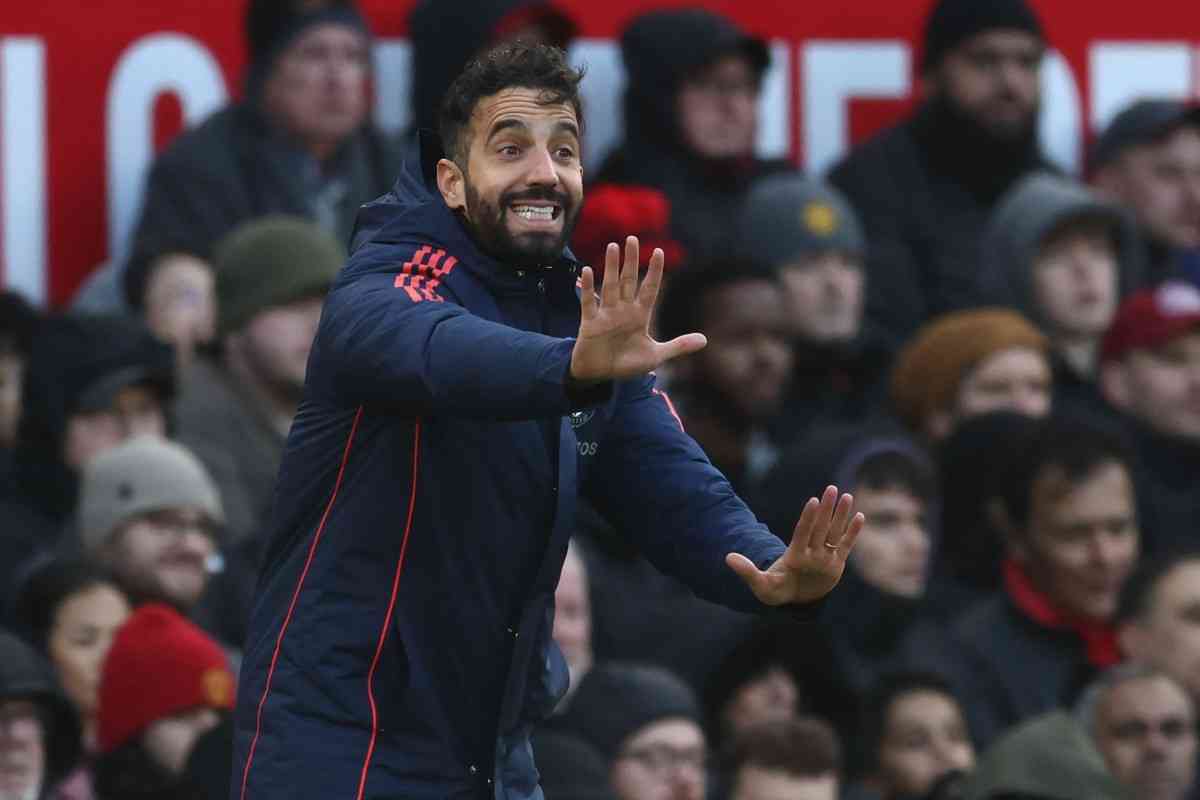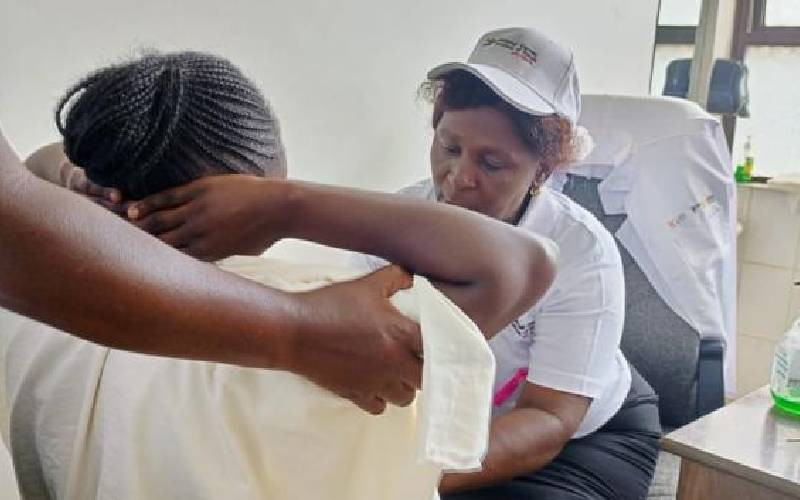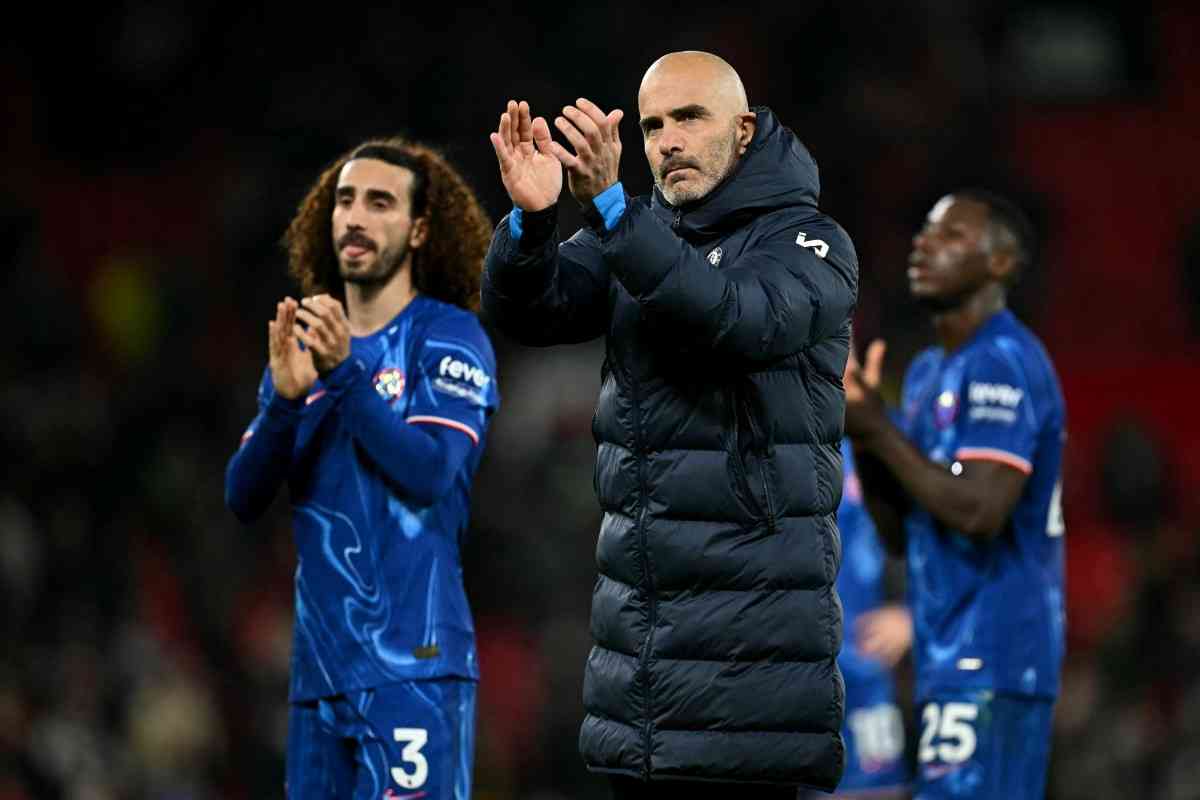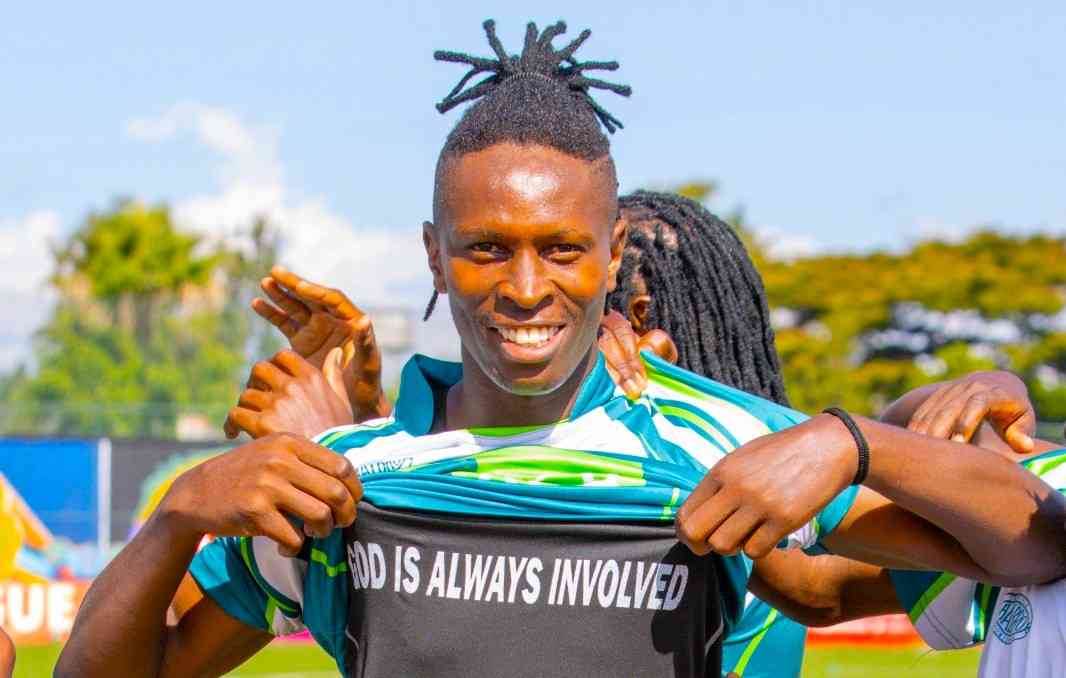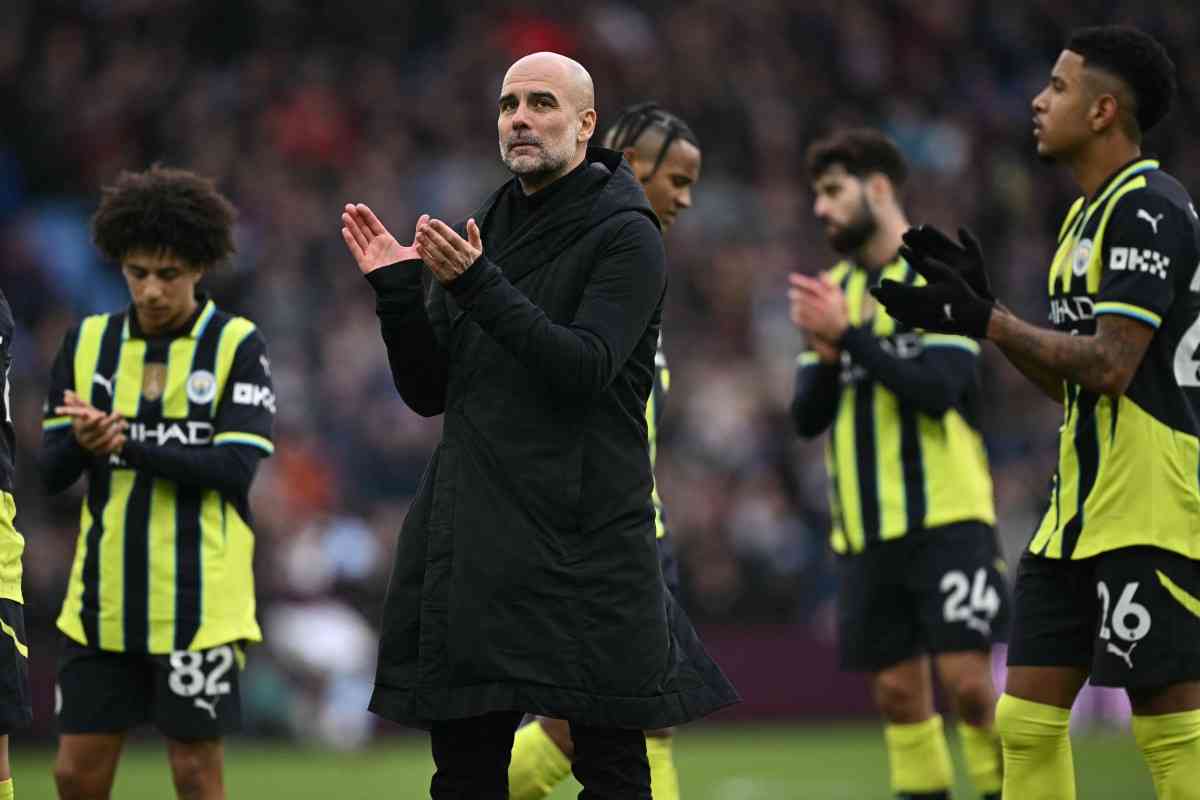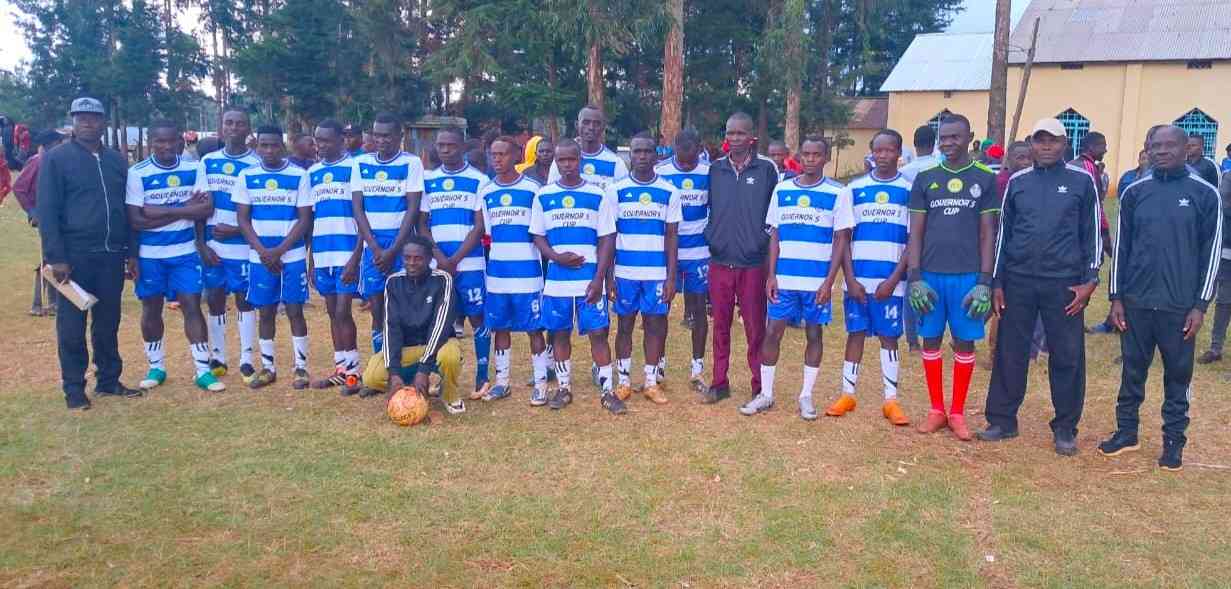
For a nation boasting football talent and with stars flying the flag high abroad, the national team Harambee Stars’ dismal performance in 2024 has been nothing short of a paradox.
With captain Michael Olunga, a lethal striker plying his trade in Qatar, and others shining in Europe and beyond, Kenya’s national football team astonishingly, continues to stumble on the global stage.
This year’s heartbreaks—including missing out on the 2025 Africa Cup of Nations (Afcon) and a humiliating defeat in the CHAN qualifiers—left fans questioning the direction Kenyan football is taking.
Under the now-fired Turkish tactician Engin Firat, Kenya’s win percentage was a meager 30%, painting a grim picture of a team in dire need of revival.

Ex-Harambee Stars head coach Engin Firat and former FKF president Nick Mwendwa. [Stafford Ondego, Standard]
Firat’s tumultuous tenure
Engin Firat’s tenure as Harambee Stars head coach was marked by inconsistency and underachievement. Appointed after a winless stint with Moldova (11 defeats), Firat bagged just seven wins in 23 matches, alongside seven draws and nine losses.
His three-year reign saw the team fail to qualify for the 2022 Fifa World Cup, the 2023 Afcon (due to a Fifa ban), and now the 2025 Afcon.
Even more damning was his inability to secure significant victories in competitive matches, with wins limited to lowly-ranked teams like Seychelles (5-0), Namibia (2-1), and Rwanda (2-1).
The 2025 Afcon qualification campaign began with cautious optimism after a 0-0 draw against Zimbabwe and a morale-boosting 2-1 victory over Namibia. However, back-to-back losses to Cameroon (4-1 and 1-0) dashed those hopes.
Kenya’s final stretch required victories against Zimbabwe and Namibia to secure a ticket to Morocco, but a 1-1 draw against Zimbabwe sealed their fate, leaving the team third in their group with just four points.
Firat’s poor tactics, inability to adapt, and lack of cohesion in the squad have been cited as key reasons for Kenya’s struggles. His resignation this month came as a relief to many stakeholders, but it also left the team in a precarious position ahead of crucial assignments.

The CHAN Debacle
If the Afcon qualifiers were disappointing, the CHAN qualifiers were outright humiliating. Kenya’s loss to South Sudan, a team ranked well below them, highlighted the depth of the crisis.
The first leg ended in a 2-0 defeat in Juba, and a lackluster 1-1 draw in Uganda confirmed Kenya’s poor show. For a nation with aspirations of competing on the continent’s biggest stages, losing to minnows was a bitter pill to swallow.
The home advantage that never was
One of the most glaring issues plaguing Kenyan football is the lack of proper stadiums. Forced to play home matches abroad due to the unavailability of CAF-approved stadiums, Harambee Stars lost the critical support of their 12th man—the fans.
Nyayo Stadium and Kasarani, the historic grounds where Kenya once made history, are closed for renovations. Despite repeated promises of completion, these venues remain unusable, leaving the team to play in unfamiliar and often hostile territories.
The absence of home support was palpable during the Afcon qualifiers. Matches in Uganda and South Africa felt more like away games, with Kenyan fans unable to create the electric atmosphere that has spurred the team to victory in the past.
Despite the year having started brightly with friendly wins over Malawi and Zimbabwe, competitive fixtures exposed the team’s frailties.
Despite the disappointments, there is a sense of renewed optimism with the recent election of Hussein Mohammed as the new FKF President.
Mohammed replaced Nick Mwendwa, whose tenure was marred by allegations of mismanagement and a lack of transparency. Many stakeholders believe Mohammed’s leadership could mark the beginning of a new era for Kenyan football.
One of Mohammed’s immediate tasks will be to appoint a new Harambee Stars head coach. With calls for a more experienced and tactically astute manager, the decision will be crucial in determining the team’s future trajectory.
Additionally, addressing the stadium crisis and ensuring that Kenya can host home matches will be paramount.
The road ahead
Looking ahead, the Harambee Stars have several challenges to overcome. The exemption allowing Kenya to participate in the 2025 CHAN as hosts is hanging by a thread due to the ongoing stadium debacle.
If the necessary renovations are not complete in time, Kenya risks losing the hosting rights and missing out on the tournament altogether.
On the field, the team must rebuild its confidence and cohesion. With talented players like Olunga, Richard Odada, and others excelling abroad, there is potential to form a competitive squad.
The integration of younger players and the adoption of modern training methods will be key to closing the gap with Africa’s top teams.
 The Standard Group Plc is a multi-media organization with investments in media platforms spanning newspaper print
operations, television, radio broadcasting, digital and online services. The Standard Group is recognized as a
leading multi-media house in Kenya with a key influence in matters of national and international interest.
The Standard Group Plc is a multi-media organization with investments in media platforms spanning newspaper print
operations, television, radio broadcasting, digital and online services. The Standard Group is recognized as a
leading multi-media house in Kenya with a key influence in matters of national and international interest.

